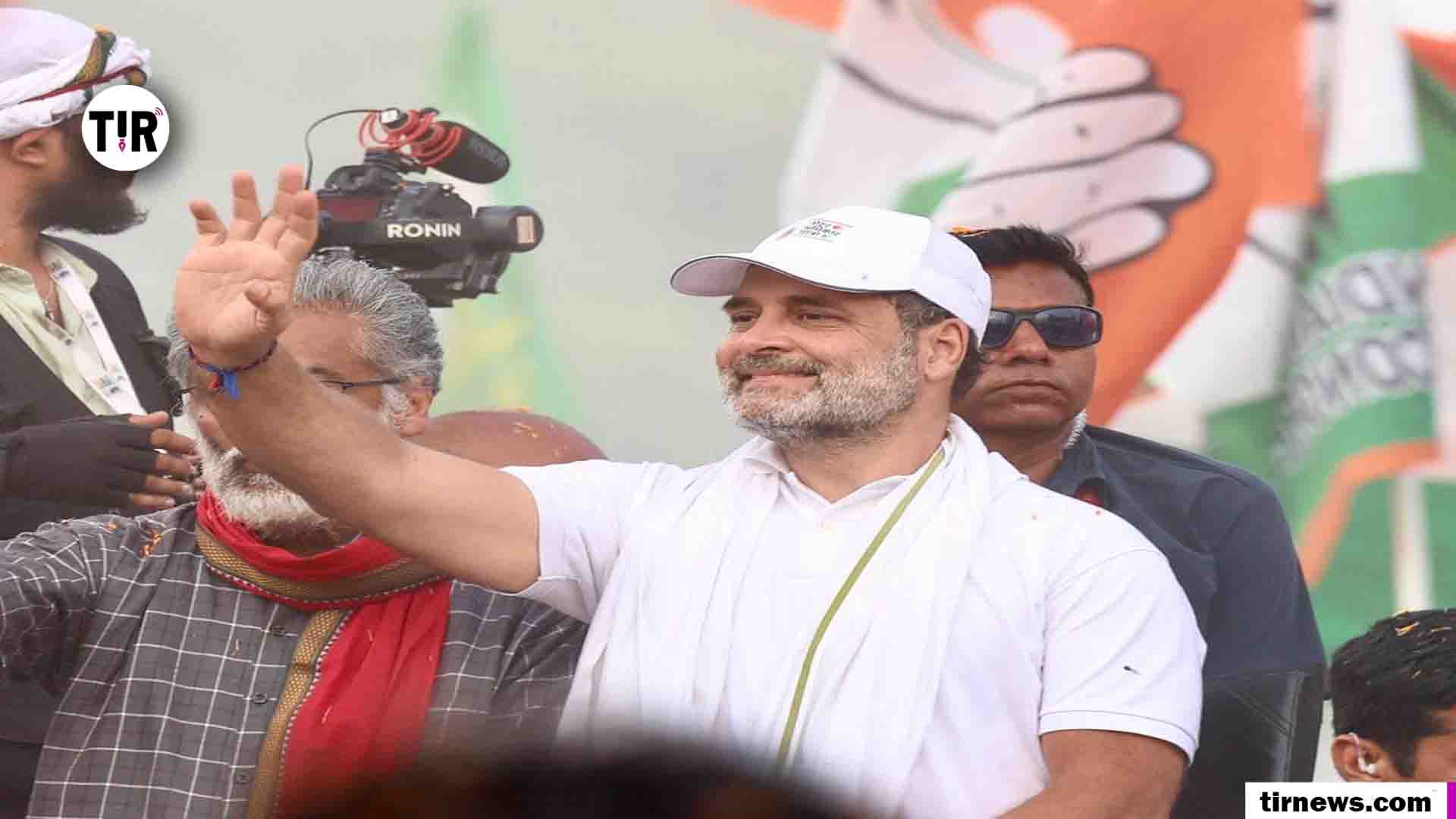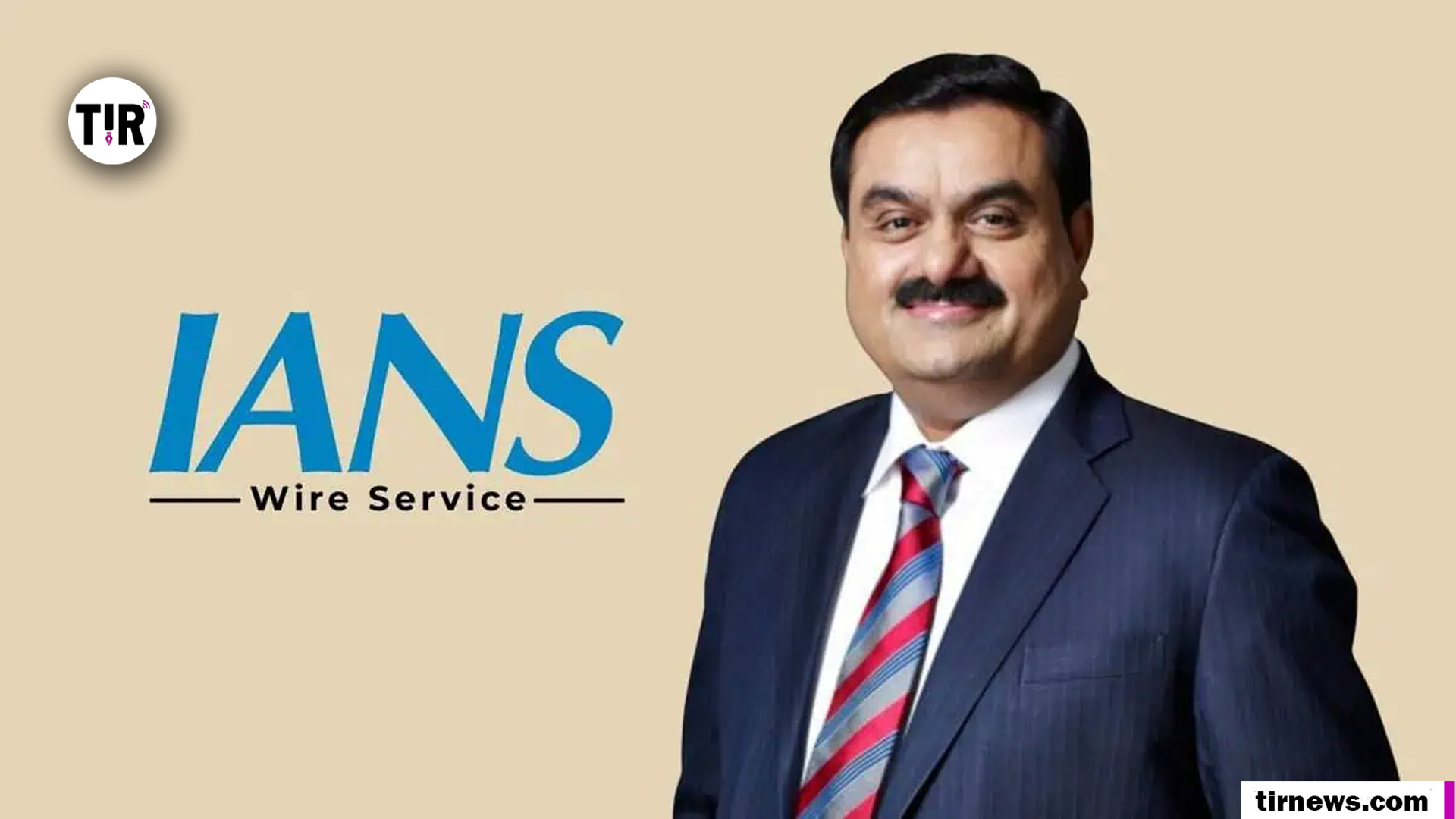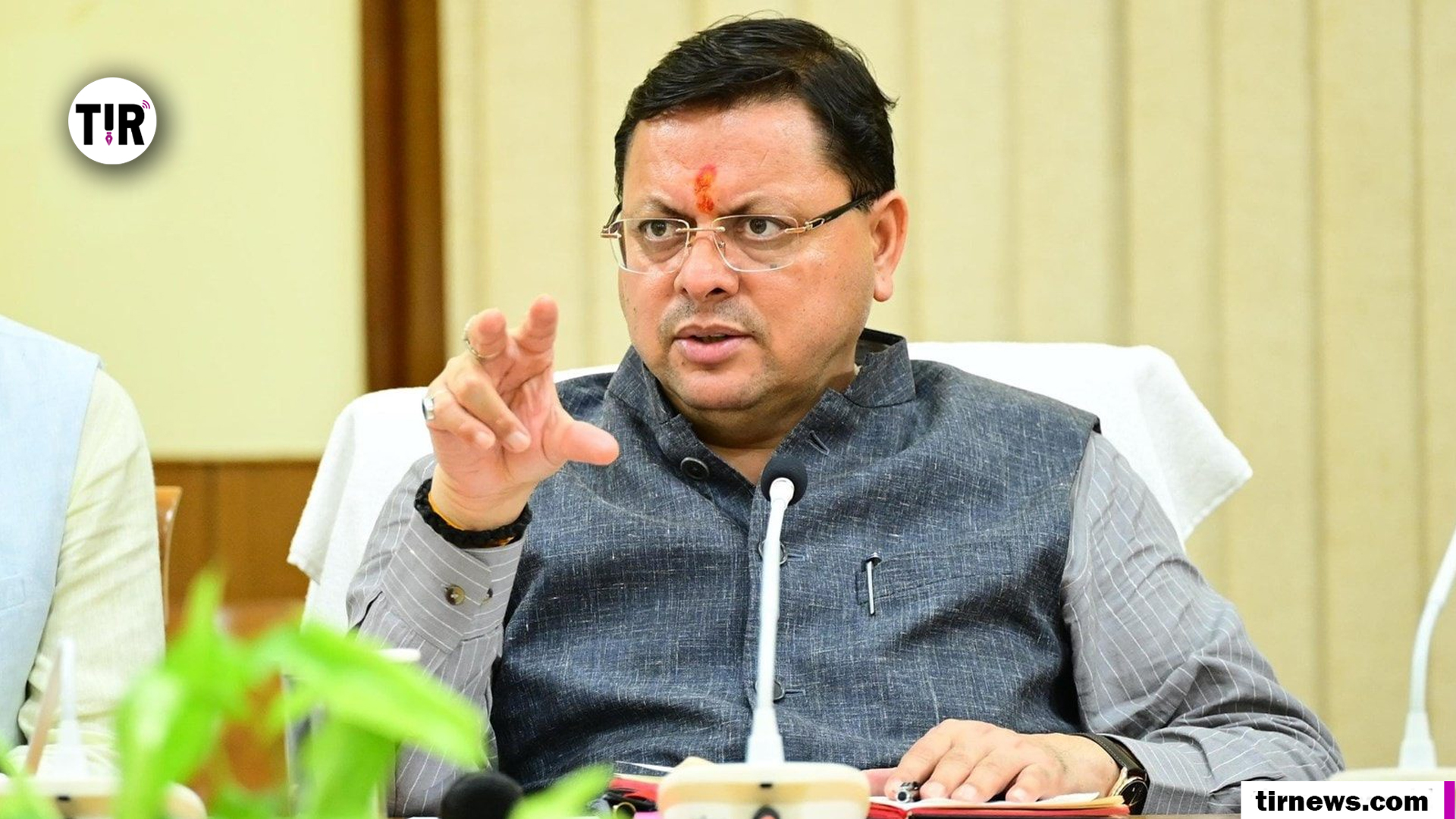During the Voter Adhikar Yatra in Bihar, Congress leader Rahul Gandhi spotlighted a startling media report alleging that ten anonymously registered political parties in Gujarat received a staggering ₹4,300 crore in donations from 2019-20 to 2023-24. He questioned the legitimacy of these contributions, noting that these entities fielded just 43 candidates across three major elections and collectively garnered only 54,069 votes .
Highlighting further discrepancies, Rahul pointed out that while the parties’ election affidavits declared election expenditure of merely ₹39.02 lakh, their audit statements reflected expenses totalling approximately ₹3,500 crore. He challenged the Election Commission (EC) to investigate, asking:
- “Where did these thousands of crores come from? Who is running these parties? And where did the money go?”
- “Will the EC investigate—or will it ask for an affidavit as before? Or will it amend the law so that this data can be hidden?” .
No immediate response has come from the Election Commission , and the broader regulatory framework complicates such oversight.
Regulatory Context & Legal Limitations
- The EC has limited powers and is not authorized to probe the source or amount of funds received by political parties—even unrecognized ones—as per current law
- Previously, the Electoral Bonds scheme enabled anonymous political funding, a practice struck down by the Supreme Court in February 2024 for undermining transparency. The court mandated that detailed donor and recipient information be disclosed via the EC



